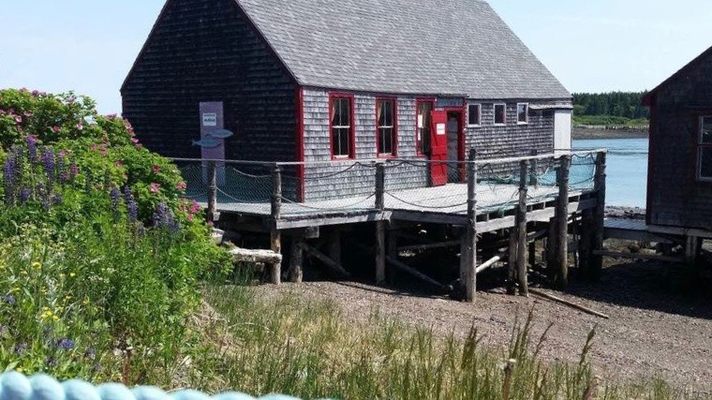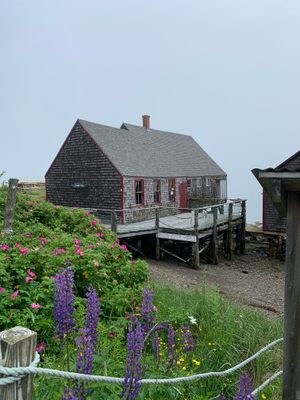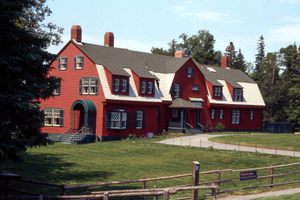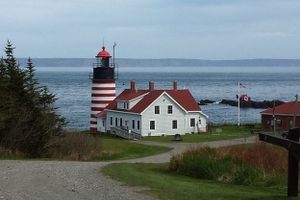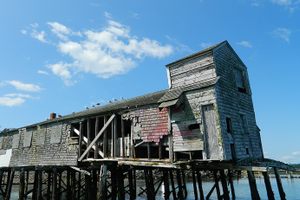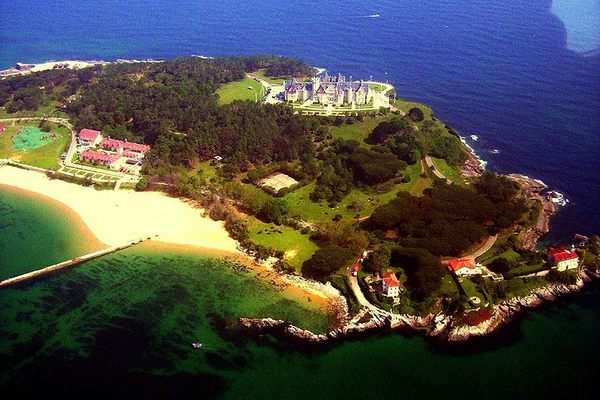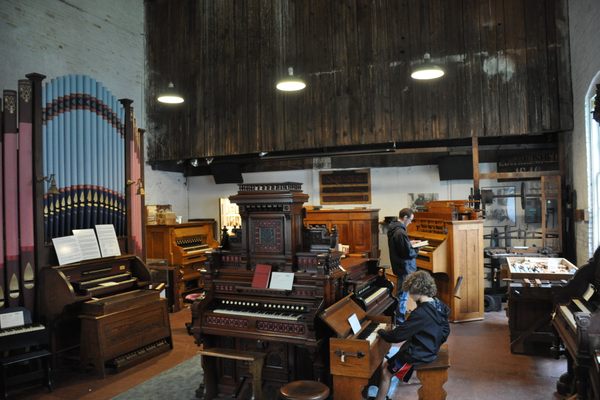About
At the end of a wood-pile wharf in Lubec, Maine, is a cluster of wood-shingle structures, some of the last still-standing remnants of the region's once-booming trade in smoked fish.
The two-story structures date to the beginning of the 20th century. Inside them, countless herring were deboned, smoked, pickled, and prepped for shipping across the U.S. and Canada. Some locals say that the scent of brine still lingers in the buildings where fish were lanced and smoked.
Business dried up around 1991, and the structures were added to the National Register of Historic Places in 1993. Since then, some of them were furnished into a waterfront museum to the historic trade. Others slid into disrepair.
In January 2018, a storm dislodged the brining shed. It drifted through the water and across the thin Lubec Narrows to land in Canada. The waterlogged remains of the shed were trucked back across a bridge to Lubec, where they will be rebuilt on a slightly smaller scale.
Related Tags
Community Contributors
Added By
Published
February 1, 2018
